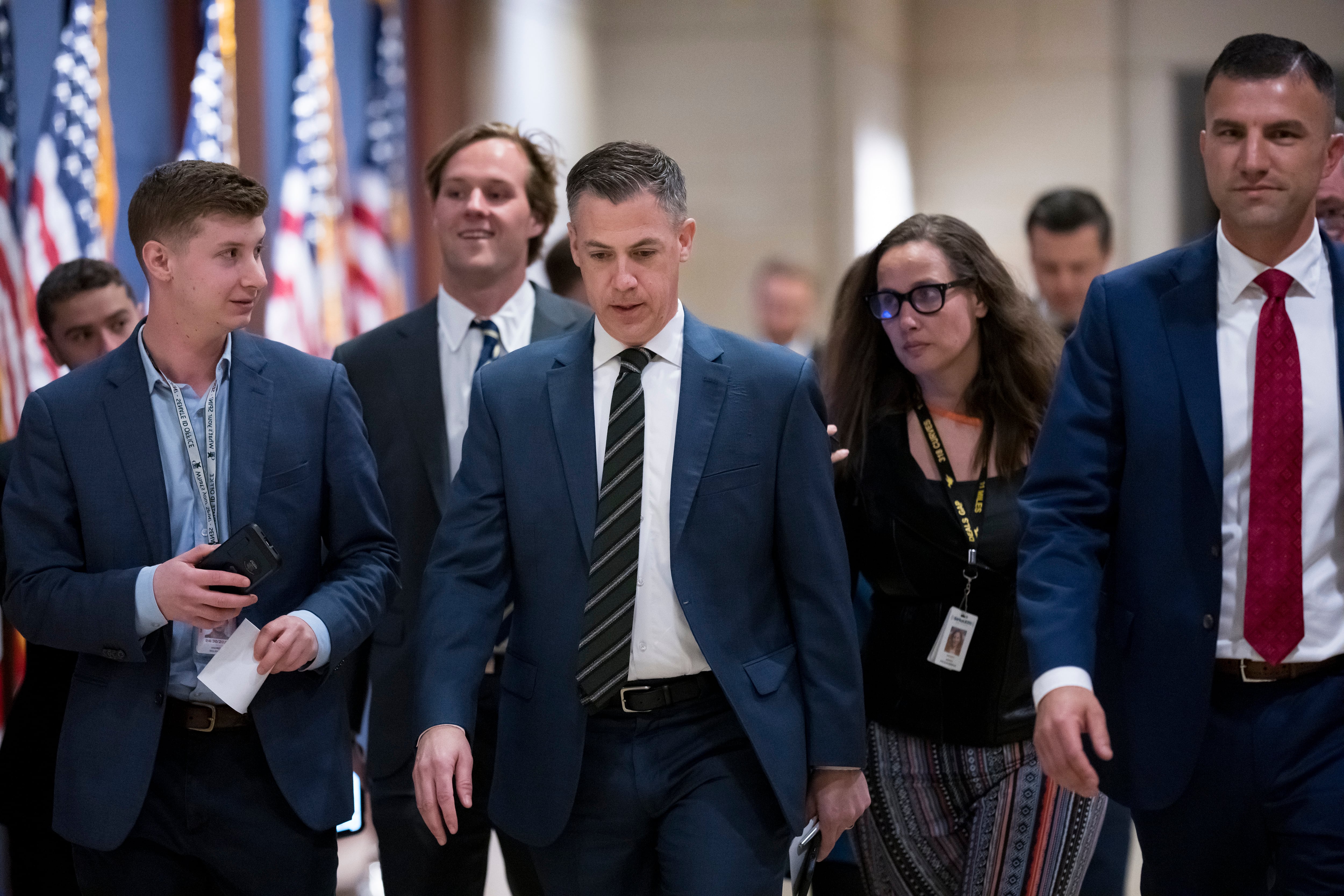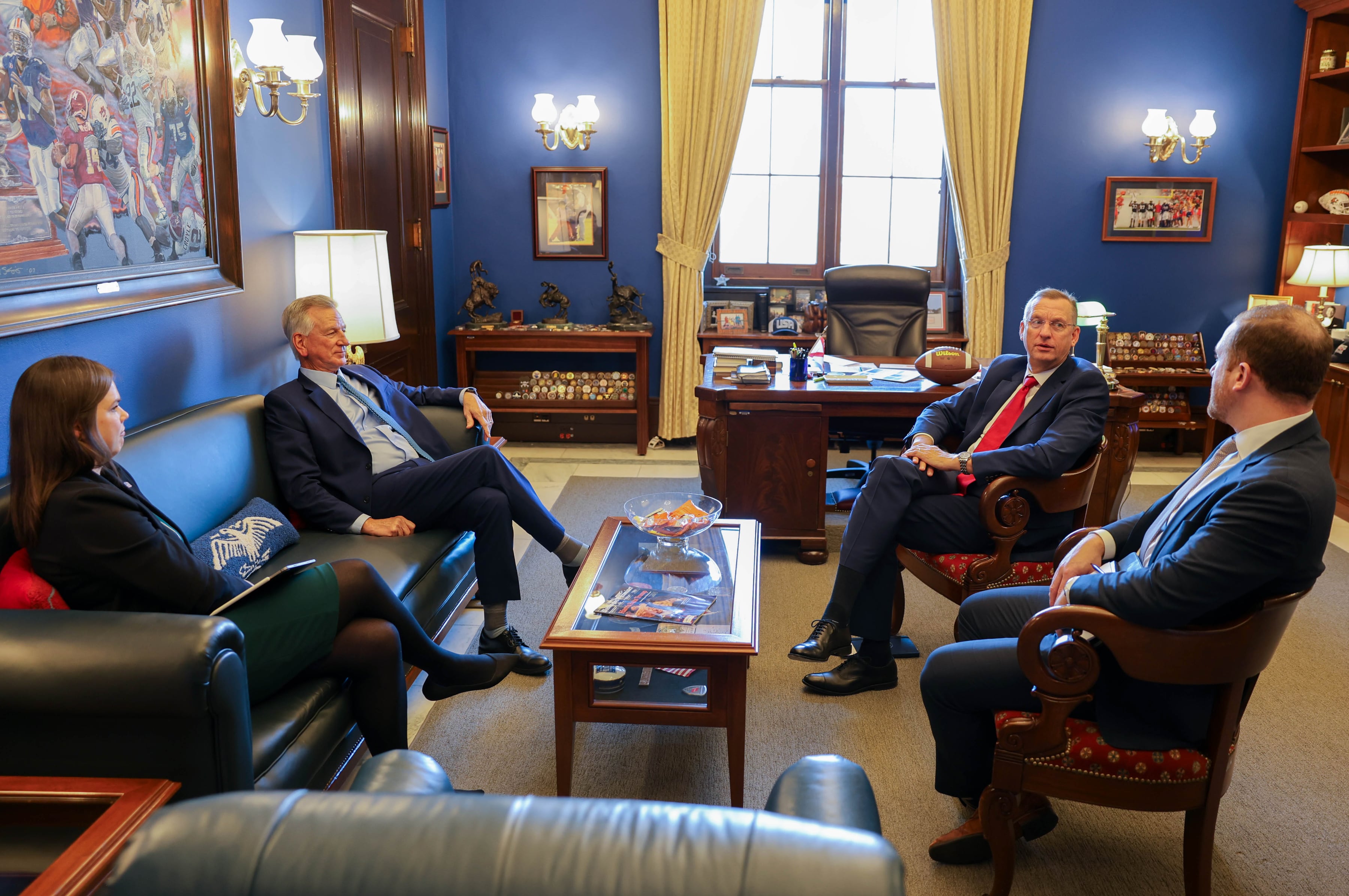SAN FRANCISCO — The Defense Department does not have to disclose the names of foreign students who attend a U.S. Army school whose predecessor trained South American military officials linked to massacres and other crimes, a federal appeals court ruled Friday.
The 9th U.S. Circuit Court of Appeals ruled 2-1 that disclosing the names of students at the Western Hemisphere Institute for Security Cooperation would be an unwarranted invasion of personal privacy that could expose the students to violence.
The majority opinion said isolated cases in which the U.S. government admitted human rights abusers to the school would be insufficient to show negligence.
"DOD has presented evidence that disclosing the names of WHINSEC students and instructors would put them at risk of harassment, retaliation, or even death," Circuit Judge Sandra Ikuta wrote for the majority.
The ruling overturned a lower court decision in a lawsuit brought by two members of a human rights group, School of the Americas Watch, that monitors graduates of the school and calls for its closure.
Plaintiffs' attorney Duffy Carolan said in a brief phone interview that the decision was wrong. She said she might comment in more detail after having time to fully review the ruling.
A telephone message seeking comment from School of the Americas Watch was not immediately returned.
The Western Hemisphere Institute for Security Cooperation at Fort Benning, Georgia, succeeded the U.S. Army School of the Americas, which opened in 1946 to train military personnel in Central and South America and the Caribbean.
The Defense Department stopped publicly disclosing the names of attendees after 2005 and has argued that releasing their names could increase the threat they might face from intelligence and security units of countries hostile to the U.S., terrorist organizations and drug traffickers.
The Western Hemisphere school's website says its goal is to "foster mutual knowledge, transparency, confidence, and cooperation among the participating nations and promote democratic values, respect for human rights, and knowledge and understanding of U.S. customs and traditions."
In a dissenting opinion, Judge Paul Watford said School of the Americas has a "checkered history," with graduates including Panamanian dictator and convicted drug-trafficker Manuel Noriega and 19 soldiers in El Salvador linked to the 1989 massacre of six Jesuit priests during the country's civil war.
Congress tried to improve the school's human rights record when it largely barred the military in 1997 from assisting any foreign security unit credibly believed to have committed human rights abuses. It later required the school to include instruction on respect for human rights and democracy, according to Watford.
Watford said the public will never know whether the school is following Congress' requirements unless the names are released.





